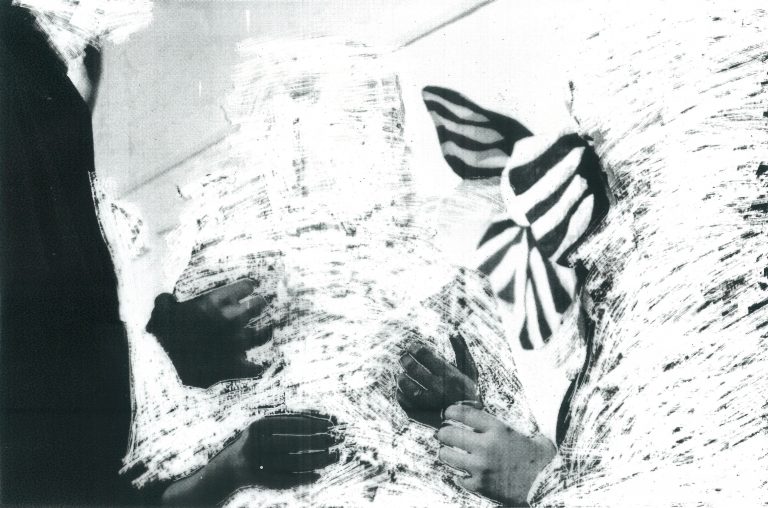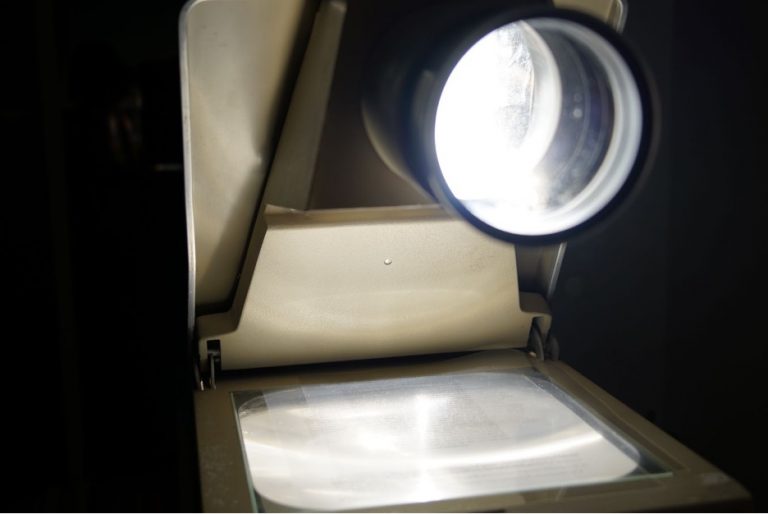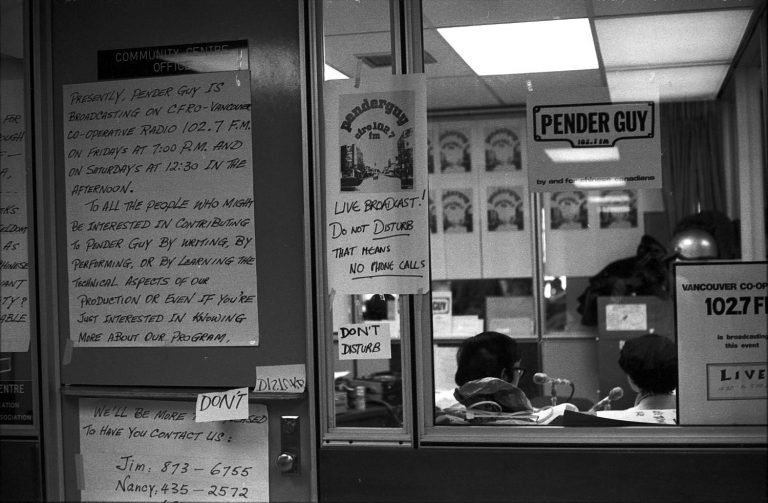The Canadian literary public sphere is increasingly participatory. Hastened by the COVID-19 pandemic, online spaces such as Twitter, Facebook, Instagram, and Goodreads have furnished general readers with venues through which they can discuss books. In and around the academy, students are using public forums—both on- and offline—to challenge how they are taught. Scholars and public […]
COVID-19 and the Changing Face of Canadian Literary Publics
The Canadian literary public sphere is increasingly participatory. Hastened by the COVID-19 pandemic, online spaces such as Twitter, Facebook, Instagram, and Goodreads have furnished general readers with venues through which they can discuss books. In and around the academy, students are using public forums—both on- and offline—to challenge how they are taught. Scholars and public figures, meanwhile, are increasingly becoming embroiled in public debates about the Canadian literary canon, the public implications of their work, and the nature of literary study itself.
Scheduled for May 2020, Future Horizons was set to be a conference for academic and engaged readers, authors, national and local literary activists, and interested members of the broader community to come together to discuss the ways in which our engagement with literature is changing. The pandemic, however, put paid to this gathering and—inconceivable though it may have been back in the winter of 2020—gathering together in person to exchange ideas and build community remains out of reach.
Teaching and conferences have moved online, with platforms for knowledge mobilization and exchanging ideas springing up to fill the void left when in-person events were cancelled. Some of these platforms are excellent; access to everything from massive conferences for scholarly associations through to departmental guest lectures has expanded wildly, now that the need to travel has been put aside, and thanks to the ways in which online material can be easily augmented.
What has been harder to recreate, however, has been the casual conversation—the chance happenings that occur when like-minded scholars find themselves standing side-by-side during a coffee break between sessions, or when a senior academic and master’s student find themselves paired together on a panel, volleying questions back and forth in a discussion that ties together both of their research. It is this sort of chance happening that we found ourselves missing the most: the serendipitous encounter, the unexpected meeting of minds, the surprising idea that emerges from a juxtaposition of interests.
…What has been harder to recreate, however, has been the casual conversation…
When looking for a way to bring Future Horizons online, it was these encounters that we decided to prioritize. With a smorgasbord of excellent literary, cultural, and scholarly content from which to choose, we felt that our community was likely not starved for interesting talks to attend or YouTube keynotes to watch. What we did feel was missing, though, was the chance for junior and senior scholars at different institutions and in different research areas to connect with each other. To that end, instead of hosting yet another online conference, we decided to coordinate a series of virtual encounters by pairing together scholars at different points in their careers.
Junior scholars (master’s and doctoral students, postdoctoral fellows) who had previously agreed to present at the Future Horizons conference were invited to prepare anything they wanted—a paper, a cycle of poems, a podcast, a video—that responded in any way they desired to their research, to Canadian literature, to the pandemic. They workshopped their creations with established scholars and artists who were also meant to present at the conference, and we are sharing the results online here.
We still hope to have a conference, perhaps in 2022. It will undoubtedly be a different event than the one we originally planned, since Canadian literature and the ways in which we engage with it will have moved forward again. We don’t yet know what form the future Future Horizons will take, or whether we remain convinced by the concept of Future Horizons as a theme, but what we do know is that the creations featured here will play a role.
…How can we foster dialogue between various ways of reading and interacting with Canadian literature and culture…
The question at the core of the original Future Horizons call for paper was “How can we foster dialogue between various ways of reading and interacting with Canadian literature and culture?” This digital intervention—the conversations they have already sparked and those we hope they pique—is one such way of doing so. We hope you enjoy the works featured here, and we look forward to a future horizon where we can continue the conversation … in person.
* * *
The original Future Horizons conference was generously supported by the John Douglas Taylor Fund and the Department of English and Cultural Studies at McMaster University, and by the Social Sciences and Humanities Research Council of Canada. We thank our funders for working with us to develop new ways of building scholarly community, and we are particularly grateful to McMaster for allowing us to use the conference funds to support emerging scholars undertaking creative projects during a challenging year.
We are also grateful to all of the master’s and doctoral students, postdoctoral fellows, and scholars who participated in this endeavour. Thank you for keeping the conversation going.
Sarah Roger, Paul Barrett, and Kiera Obbard



